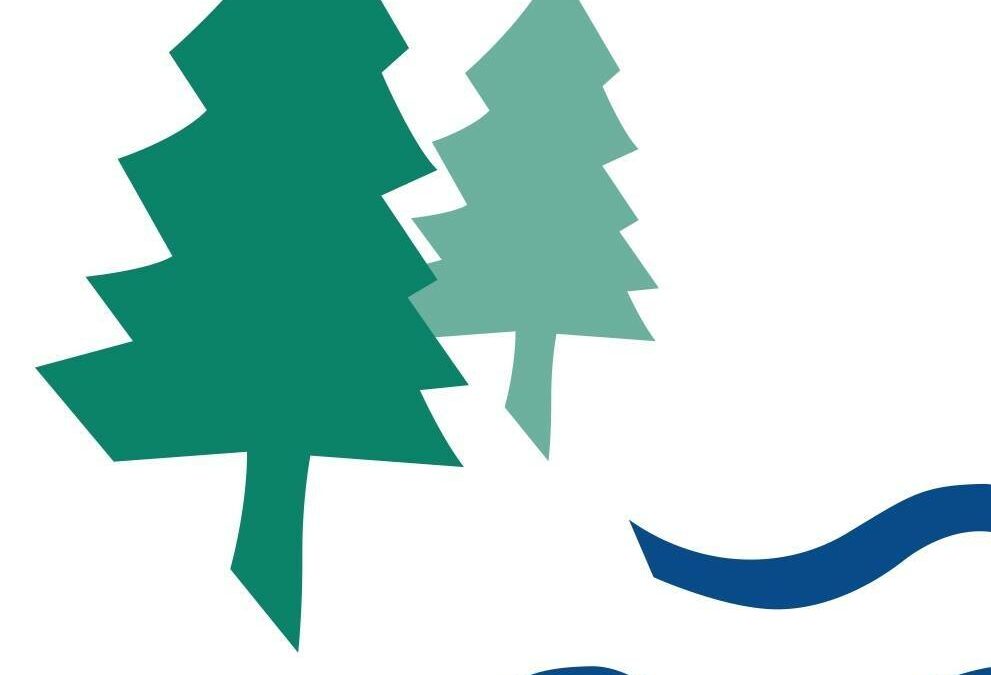By: Michael Oleksyn, Local Journalism Initiative Reporter, Prince Albert Daily Herald
The Saskatchewan Rivers School Division highlighted efforts they’ve made to address some of the Truth and Reconciliation Commission’s (TRC) Calls to Action in an update presented at Monday’s regular board meeting.
Superintendent Jennifer Hingley provided the update. Hingley shared highlights of the division’s response including growing land-based learning opportunities and ongoing work in anti-racist/anti-bias education with both leadership and school staff. The division has been tracking efforts to respond to those calls since 2017.
Director of Education Neil Finch agreed with Hingley’s assessment during the report that the depth and breadth of actions taken make it more difficult to update on a yearly basis.
“There are lots of different pieces that we’re doing,” Finch said. “We just talked about our strategic plan and a part of that is in hearing that inclusion and cultural responsiveness is a focus area for us, and so that helps with that truth and reconciliation.”
According to the report, Leadership Learning Teams in each high school track student achievement and support individual graduation plans for First Nations and Metis students.
Since the TRC published their reported in 2015, Sask. Rivers has increased its focus on teaching Indigenous languages. They have also focused on giving teachers more opportunities to learn about Indigenous culture through professional development. That includes things like tipi raisings and ribbon skirt/shirt workshops.
They have also continued to expand the Following Their Voices program to multiple schools.
Following their Voices implementation answers the call for culturally appropriate curriculum.
It is implemented at Wesmor, Carlton, Ecole Arthur Pechey, PACI, Queen Mary, St. Louis and Kinistino. The initiative is designed to raise the educational achievement and participation of Saskatchewan’s First Nations, Métis and Inuit students.
In 2025-2026 Princess Margaret and Vincent Massey will become part of Following their Voices.
The division has applied for and received funding for to help implement Jordan’s Principle in response to TRC calls to action on child welfare. Jordan’s Principle helps ensure all First Nations children living in Canada can access the products, services, and supports they need, when they need them.
The Mentor program with Jordan’s Principle has expanded with over 41 mentors working in schools to support First Nations students through the funding. The division was not certain Jordan’s Principle would be funded this year so it did not apply.
Responses to the call for a more culturally appropriate curriculum include providing professional development workshops on culturally responsive topics including land-based learning. As well, the learning model for Literacy, Math and High School also all have Indigenous worldview embedded in them.
The call on protecting the right to Aboriginal Languages has also expanded in the division.
Recent steps include establishing the Cree Language Program at John Diefenbaker School to Grade 3 and establishing a partnership with Metis Nation-Saskatchewan (MN-S) to create a
Michif Language and Culture Program at St. Louis and Queen Mary School in Sept., 2021, which continues to this day.
Next school year the Cree Language program at John Diefenbaker will expand to the entire division due to transportation offered.
In 2024-2025 the division added a full-time equivalent teacher to support the Cree Language program and Michif Language program, split between John Diefenbaker and Queen Mary.
Another example is a Cree 10 courses offered at both Carlton and Wesmor Public High Schools. St. Louis continues to offer their localized Michif program.
The division has also created an Indigenous Language Learning Community in Fall of 2021. The group supports Cree and Michif teachers in the division and Language Keepers in early years and high school, a Dakota teacher, a Language Keeper, an educational assistant at Wahpeton, and a Cree teacher at Muskoday.
As part of the call for building capacity for intercultural understanding and mutual respect there has been completion of another cycle of four Pipe Ceremonies. Four meetings were held this year following the Seasonal Pipe Ceremonies, where trustees learned from Indigenous Elders.
Trustees participated in a sweat in June, with an on-the-land event planned for September.
The division hosted a Pipe Ceremony four times this year at different schools, Kinistino, WJ Berezowski, Victor Thunderchild and King George.
One part that was highlighted by Hingley was the development of a Land-based learning networking group which included some senior administration, principals, teachers, students, elders, community partners and Invitational Shared Service Initiative (ISSI) partners from Muskoday and Montreal Lake.
This collaboration led to a definition of land-based learning, the development of a land-based learning model based on Cree teachings, language and worldview. The model is system wide in Professional Development opportunities and help guide teachers when incorporating land-based learning experiences for their students.
As well, 10 teachers have taken Forest School Training so that the division’s capacity to create land-based learning experiences for students. They hosted a Forest School Training professional development on October 6 to10, 2024 at Little Red Park.
The division enhanced land-based learning by including Elders and Knowledge Keepers from the Elder’s Council, one example is Knowledge Keeper Mike Relland.
Other areas covered during the presentation include, justice, professional development and training for public servants, education for reconciliation, and sports and reconciliation.
The division has also supported KidsFirst, helped schools access Catholic Family Services, and worked in partnership with the Prince Albert Early Years Resource Centre to address calls to develop culturally appropriate parenting programs.
